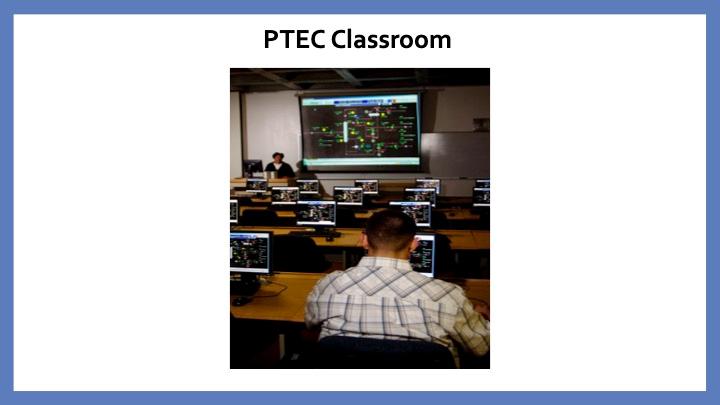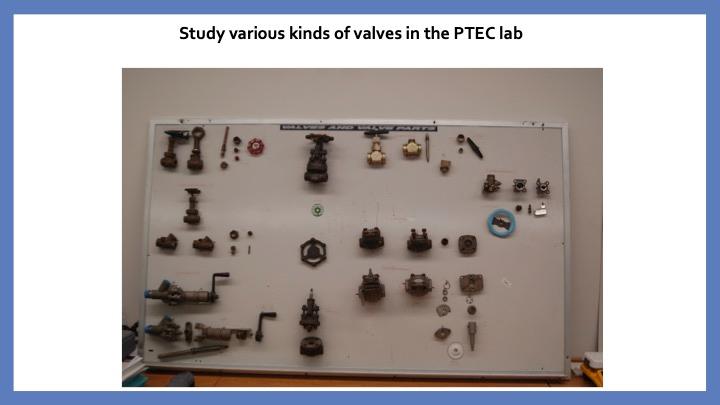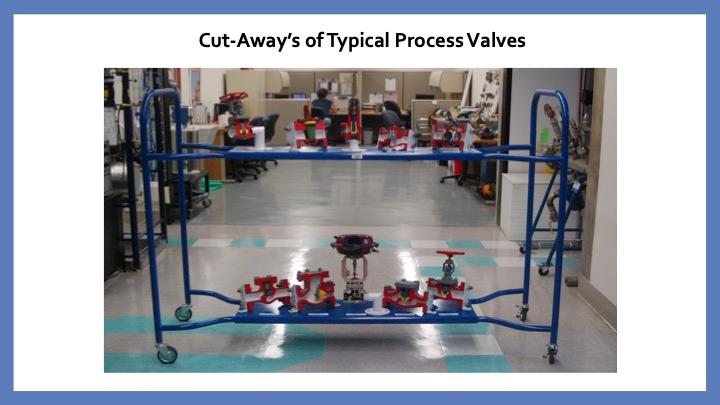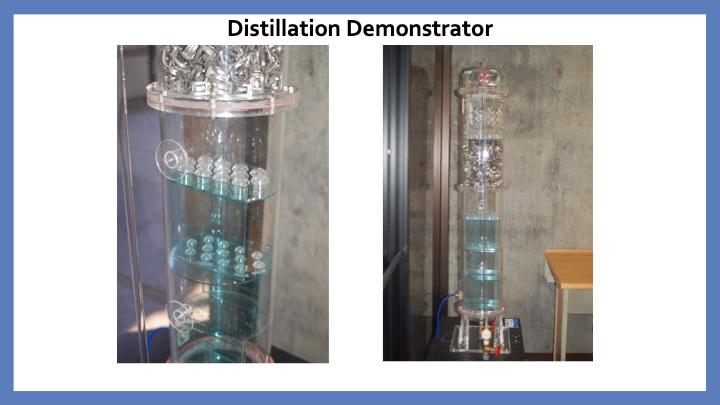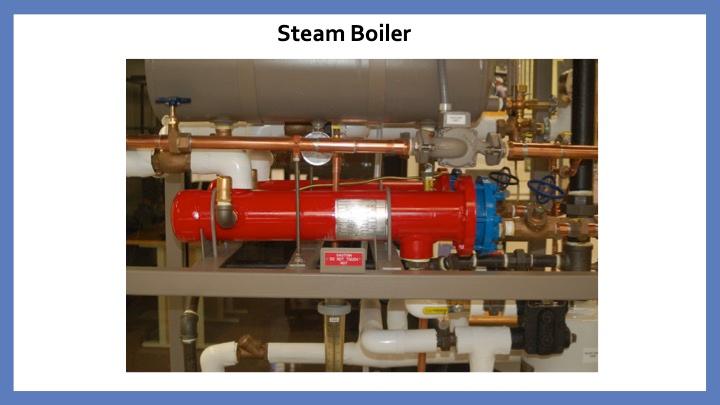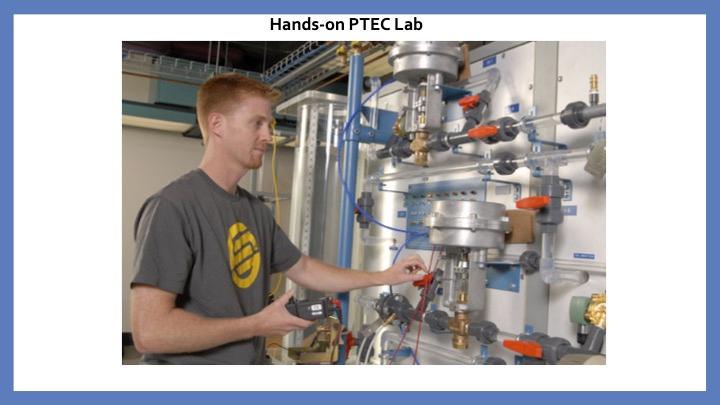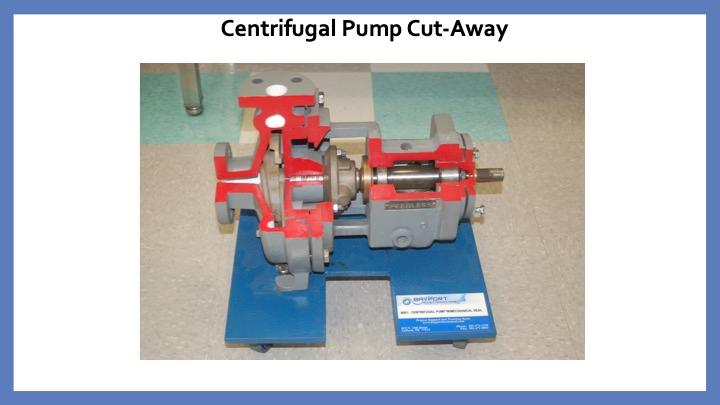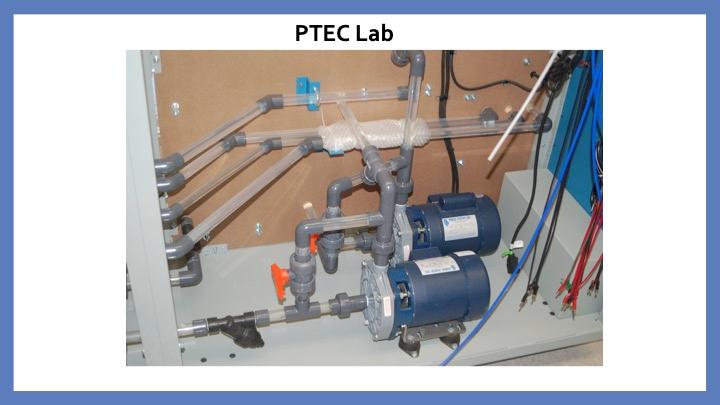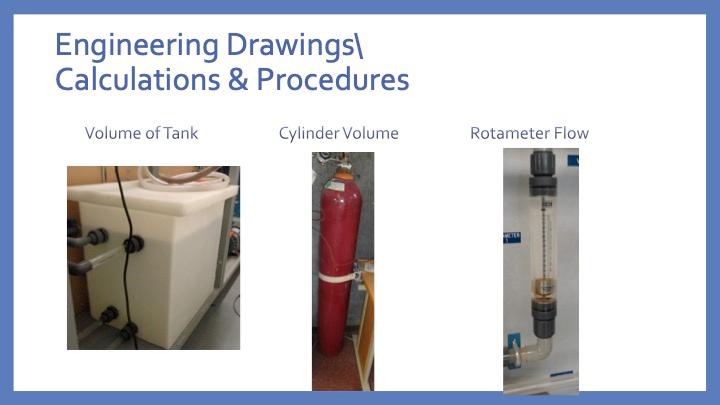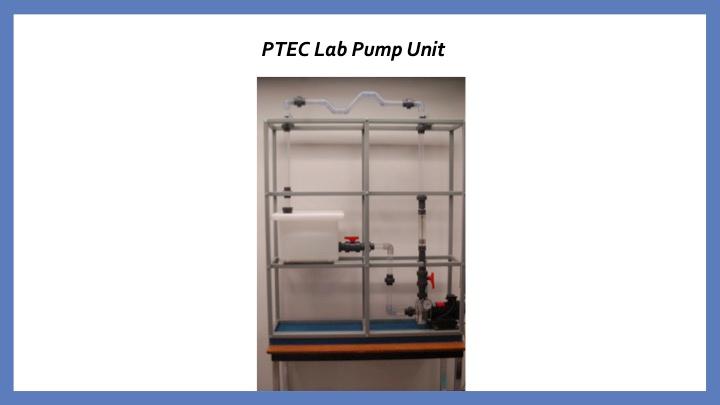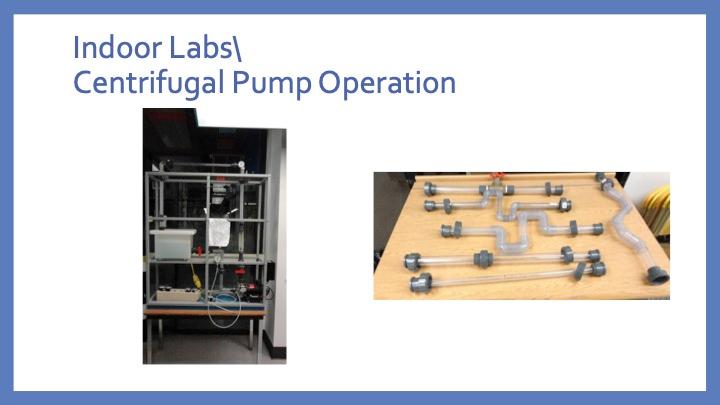Overview of PTEC courses
|
Class |
Title |
Description |
|
Career Skills |
Learn about working in an industrial technology environment and build skills to:
|
|
|
Contextualized Math |
A math class that focuses on the practical math an operating technician is expected to use on the job.
The class covers how to use algebra and other industrial mathematics on the job |
|
|
PTEC Introduction |
As the starting point for a PTEC certificate, the class provides an overview of local industries employing PTEC graduates, including
After completing this course, students obtain a good sense of their career options. |
|
|
Health, Safety and the Environment |
As you will quickly learn, Safety is a bedrock concept in the process technology industries. Technicians need to be aware of process safety concept, environmental regulations, and general health precautions. This class will prepare you to be a safe and productive worker. |
|
|
Process Instrumentation |
Advanced manufacturing facilities have hundreds or thousands of different instruments to measure everything from temperature, to pressure, to level and weight – and more. In this class, students learn how different instruments work, where they can be used safely, and how to properly care and maintain them. |
|
|
Applied Instrument Analysis |
Students learn how to safely collect samples, and analyze them in a laboratory. Students will analyze actual sample for properties such as pH [Acidity or alkalinity], density, color, electrical conductivity and many others. Students also learn how to use and properly care for delicate analytical instruments |
|
|
Equipment |
Students learn how important equipment works in petrochemical and advanced manufacturing plants work. Examples include:
|
|
|
Systems |
This class shows how equipment, covered in PTEC-25, is put together systems such as
And many others |
|
|
Simulation |
Students sit in the operators’ chair and operate (simulations of) complex systems, much like an airplane pilot using a flight simulator. Students are well prepared to change temperature, pressure and level setpoints, start and stop pumps, and open and close valves – all from a computer terminal – just like they will do on the job! |
|
|
Operations |
Running a chemical plant is more complicated than pushing a green START button. Students learn how to safely start a process, and keep it running safely and efficiently. This includes recording notes in a log book, working with instrument technicians, mechanics and others to conduct maintenance and repairs. |
|
|
Troubleshooting |
Technicians learn how to solve common industrial problems such as:
Safe efficient troubleshooting can prevent small problems from growing into bigger problems. |
|
|
Career Preparation |
It’s time to shift the focus to starting your career; we’ll provide help with
|
This project is an equal opportunity program and was funded in part by a grant awarded under the President's Community Based Job Training Grants, as implemented by the U.S. Dept. of Labor's Employment & Training Administration. Auxiliary aids and services are available upon request to individuals with disabilities. The information contained in this product was created by a grantee organization and does not necessarily reflect the official position of the U.S. Department of Labor. All references to non-governmental companies or organizations, their services, products, or resources are offered for informational purposes and should not be construed as an endorsement by the Department of Labor. This product is copyrighted by the institution that created it and is intended for individual organizational, non-commercial use only."

